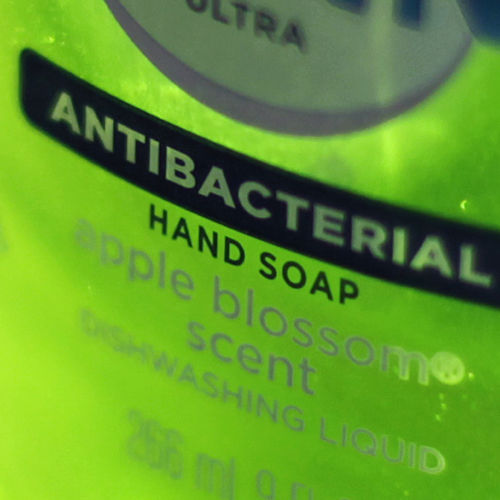The Federal Trade Commission (FTC) is finally cracking down on products that tap into the neurotic tendencies of extreme germophobes. In this recent Consumerist article, Chris Morran discusses the penalties Zadro Health Solutions and Angel Sales had to pay for false advertising of their disinfection products. Without a single lab experiment, we can already deduce that these products are ineffective.
First of all, both products claim to emit ultraviolet (UV) light that falls in the UVC spectrum (200—280 nm), which actually is the most harmful UV wavelength to bacteria such as E. Coli. However, both of the products mentioned in this article are made out of plastic, which is a material that UV-C light can’t effectively penetrate.
Secondly, the UV light would need to come in direct contact with the bacteria in order to kill or inactivate it. That means that sterilizing textured surfaces, such as the inside of a shoe, bed sheets, a keyboard, and other object where UV light will be shadowed won’t be effective.
Additionally, different microorganisms need different doses of radiation to become inactivated so claims such as “our specially designed Disinfecting Wands have been proven to eliminate 99.9% of targeted germs and viruses* on surfaces and in water in as little as 10 seconds” are simply false.
Now, let’s talk microbiology. What do you think would become of zapping microbial communities over time with small doses of UV light? You guessed it — UV resistance! This not only renders the product completely useless, but also contributes to ever growing presence of resistance in microbial communities that suppresses the effectiveness of actually scientifically backed methods of sterilization. And now let’s talk health. UV-C wavelengths are harmful to not just microorganisms, but humans too. It is well known that UV exposure has been linked to an increased risk for most skin cancers. I would take a few extra microbes on my bedroom pillow than skin cancer any day.
For more chuckles about the lengths germophobes go to, enjoy this past blog post, 50 Shades of Gross.
